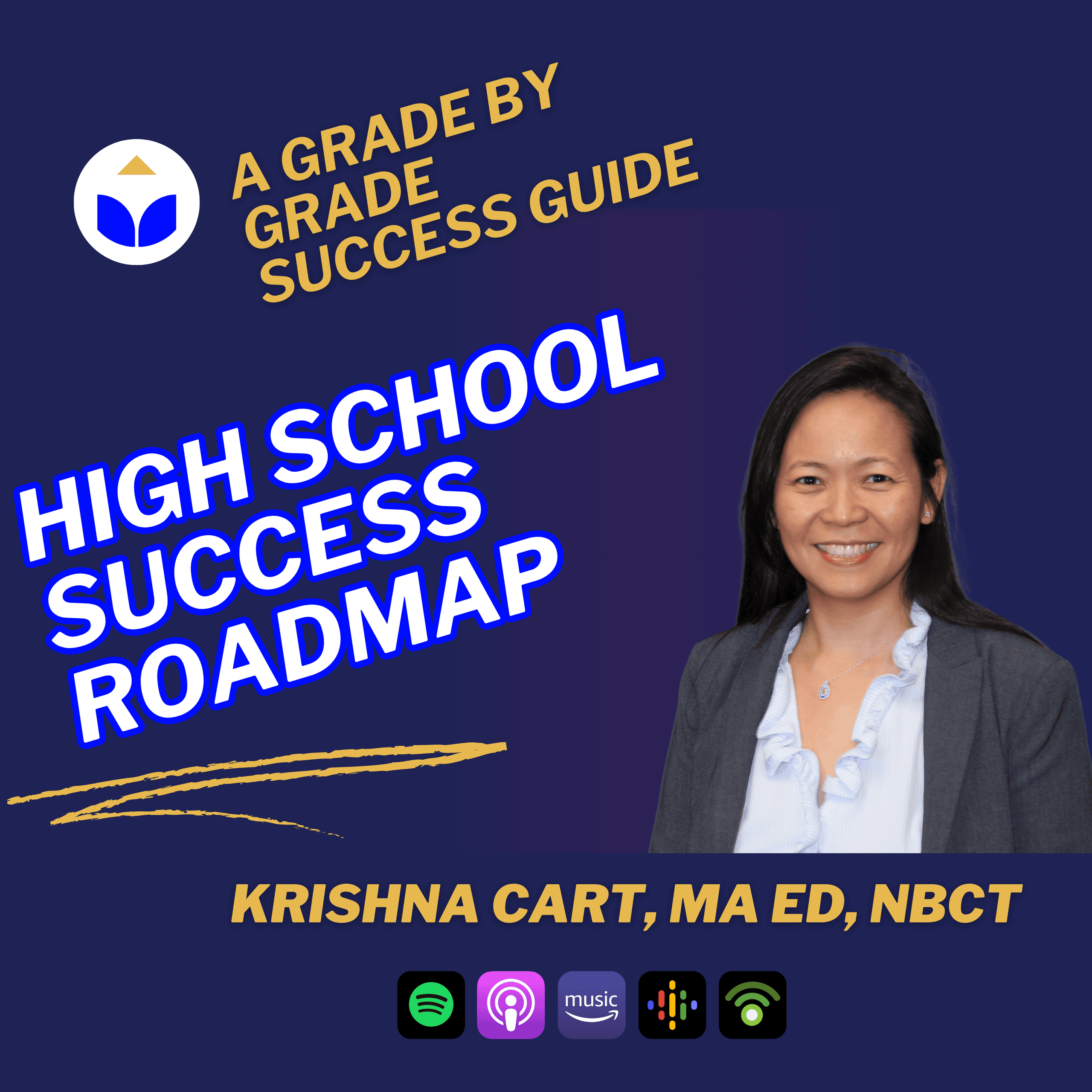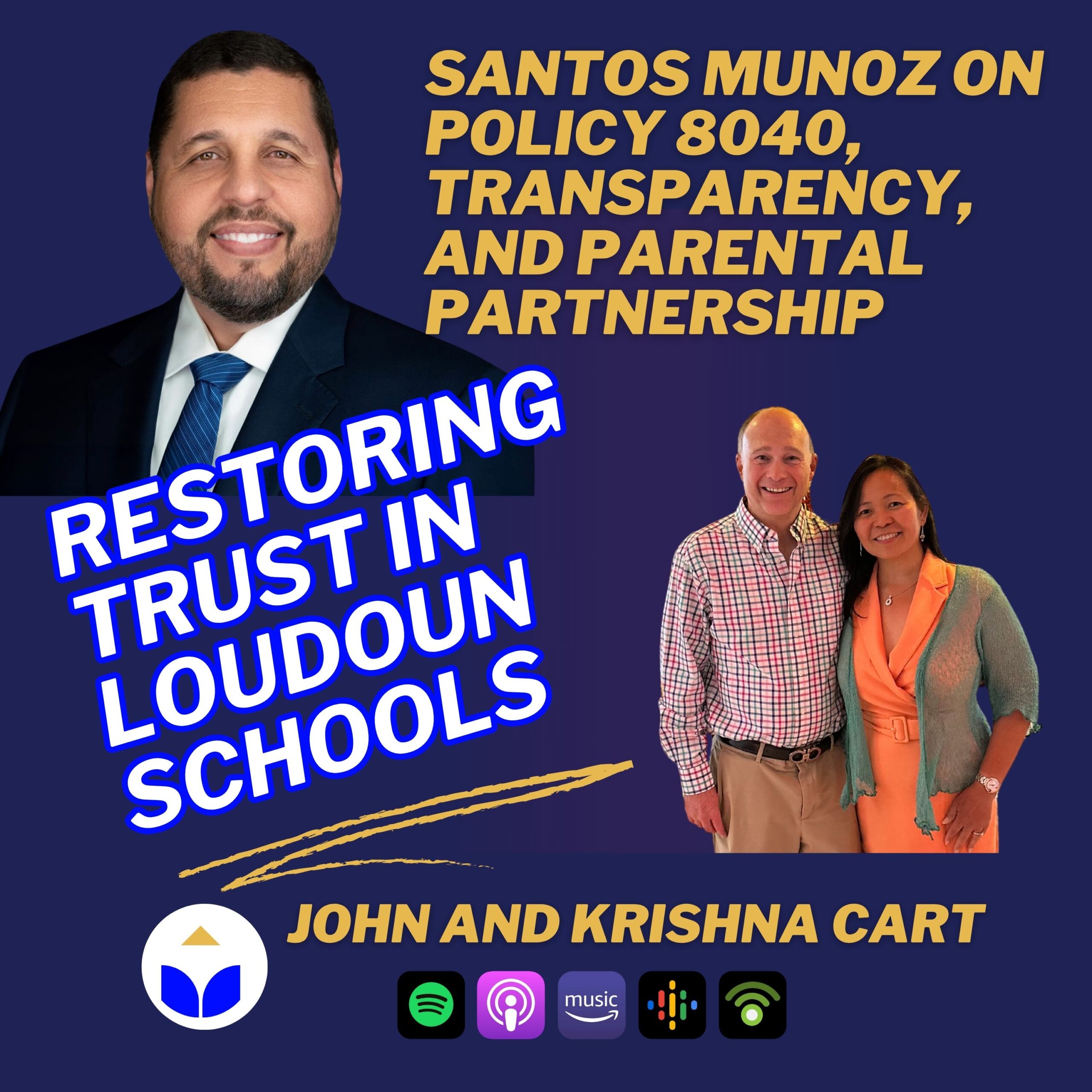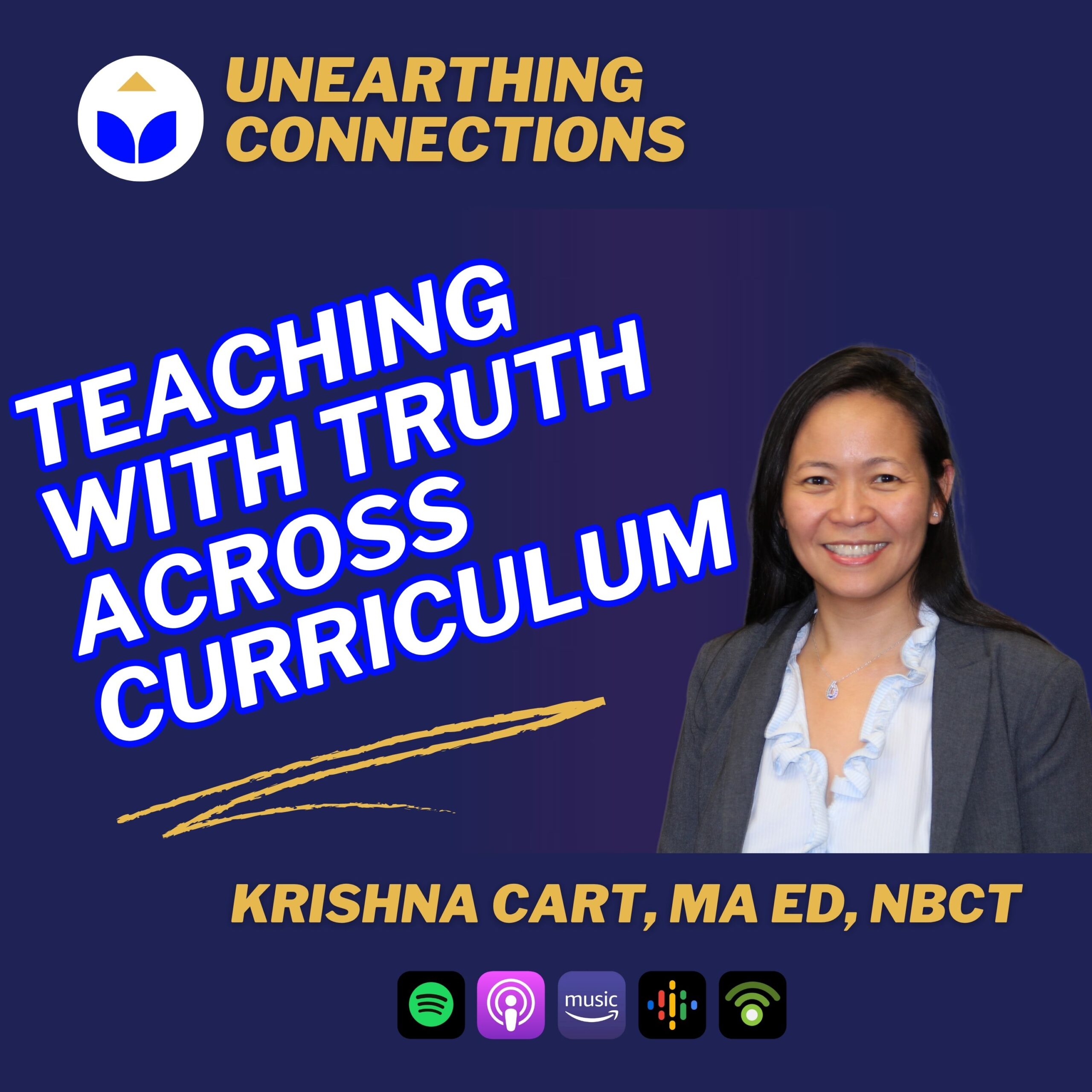Episode Transcript
[00:00:01] Welcome to the Learning by Design podcast. Okay, let's go here.
[00:00:07] Welcome back to the Masterpiece Academy, where we talk all things parenting, learning, and preparing our kids for the real world. I'm your host, Krishna Kart, and this is episode nine. From reading to writing to real world impact. In our last episode, we dug into literacy, why it matters, how to build it at home, and how to raise confident writers and readers.
[00:00:36] Today, we're zooming in on a high stakes moment in your child's educational journey, writing their personal statements. Whether your student is applying to a competitive college or a program like mata, the Monroe Advanced Technology Technical Academy, they will be asked to tell their story in a personal, thoughtful way. And as a parent, your role is more important than ever.
[00:01:04] Not as a ghostwriter, but as a guide. So let's talk about how.
[00:01:10] So why personal statements matter. So let's start with why this even matters. Whether your team is applying to local STEM school like the academies of Loudon, Monroe Advanced Technical Academy, Mara, summer internships, scholarships, and college admissions, they'll most likely need to write a personal statement.
[00:01:34] And this is not just about another essay. It's one of those few parts of the application where they get to speak in their own voice. Admissions teams already have the test scores and the transcript, and the personal statement is where they say, here's who I am and why I care about this path. So for mata, it's about showing they're serious about the technical program they're applying for. For college, it's more about reflection and growth. But either way, it matters a lot.
[00:02:14] So why personal statements matter? Because it share a story or experience that reveals character. It show interest in a specific field or goal, and it reflects on personal growth or mindset.
[00:02:33] So whether you're applying to college or a career and technical program like Mara, personal statements are a critical piece of the admissions process. They give students the chance to show who they are beyond grades and test scores. That's the bottom line. Okay, so personal statements are not about flashy words or dramatic life stories. They're about authenticity. About showing admissions teams who your child is beyond the GPA and the test course. So for mata, that means showing why a student is genuinely interested in their technical pathway, like cybersecurity, automotive, nursing, or environmental science, and how past experiences have shaped that interest. For college, it means reflecting on identity, growth, challenge, and characters.
[00:03:33] According to the common app, over 1 million students apply using their platform every year. And the personal statement is often what helps a student stand out.
[00:03:45] Let's break down what a good essay actually does what makes a great personal statement. So it answers. Number one, it's focused and it answers why this path. Your student should be clear on why they're interested in the field or major they're applying for. What sparked the interest and what have they done to explore it? Number two, it needs to be narrative based and it needs to show a clear story. It uses specific examples. Forget vague statements like I've always loved science, what project, what moment, what teacher made them see that differently.
[00:04:29] Number three, it's reflective and it includes insights. It reflects on personal growth. Even a mistake or failure can make it a strong essay. If it shows maturity, resilience, or a perspective, it sounds like your child. Number four, it needs to be authentic. It highlights your child's uniqueness. So authenticity beats polish.
[00:04:56] A quiet, thoughtful student's essay should feel like them, not like a corporate press release.
[00:05:05] Okay, let's compare the two main types of essay they might be writing. So on the left you will see ACL mata and then on the right you will see the college essay. For Mata, the essay is shorter. Okay. Usually 250 to 400 words and more focused on career goals.
[00:05:29] It should answer, why this path? What have I done to show I'm serious for college? The common app allows up to 650 words. The tone is usually more personal, story driven and reflective. Think about what shaped me. What challenges have I faced? What do I believe in? The key difference, MATA is a career fit and college is for character and career growth. While in both specific.
[00:06:03] Specificity. Specificity. In both specificity and authenticity matter.
[00:06:14] Math students should focus on.
[00:06:20] Math students should connect hands on experiences to career goals. Okay. Repeat. Math students should connect hands on experience to career goals.
[00:06:33] Examples. Okay.
[00:06:37] After helping my uncle rewire his H VAC system, I know I wanted to learn more in a professional setting. That's just a start. That's not the entire personal statement, of course, but you know, we help you through that process if you enroll in our courses. Volunteering at the animal shelter led me to pursue veterinary science at mata. Okay, so those are some examples.
[00:07:03] Okay, parents, so this is where your role is critical. These are let's talk about the parents do's and don'ts. Okay, so you cannot write the essay for them, but you can absolutely help. And you can start by asking good questions. Not what do you want to write about, but you know, what.
[00:07:23] Something you've done that made you proud of, or when did your team, or when did you learn something the hard way? Okay, so active parental engagement can significantly enhance child's reading and writing skills. So help them brainstorm, Help them manage deadlines. Okay, but offer to read the draft, but please don't rewrite it in your own voice. So the voice, flawed, informal, honest, is what the reader connects to. Our job is to support, not to steer. And don't make it. And don't stress about making it sound impressive because, you know, a small moment told clearly and with heart is often stronger than a dramatic one.
[00:08:15] Okay, so we talked about it. You've got to ask good questions. You know, what are you proud of? What challenge you, and what did you learn? Those are some of the things that you can talk about.
[00:08:28] And, you know, you can help other things that you can do. You can help organize drafts, deadlines, and documents.
[00:08:36] Offer feedback for clarity, not take over, obviously. And encourage them that their voice matters most.
[00:08:46] Okay, and then these are some of the don'ts. Okay? Don't rewrite the essay in your own words.
[00:08:53] Don't compare their essay to other students, and don't stress over perfection. It's about connection.
[00:09:02] Okay? I'm gonna quote this Proverbs 18:21. And this Proverbs is so beautiful. And, you know, I am also.
[00:09:14] No, I should have done it when I was parenting my two adult sons. You know, I'm not perfect. But these are, you know, words have power. Okay? So Proverbs 18:21. Death and life are in the power of the tongue. So as you help your teen through this process, remember, your words matter. Proverbs 18:21 says, Death and life are in the power of the tongue. That means the way we speak to our kids about their writing, their story, and even their struggles, it can build them up or shut them down. So let's use our voice to affirm theirs. Not to rewrite their stories, but to remind them they already have one worth telling. And that brings us to the final piece of the puzzle. How all those years of reading and writing and talking at the dinner table actually helped build that voice in the first place.
[00:10:19] Okay, now, if you listen to our last episode or joined our previous workshops, you know that I'm big on early literacy, and here's why. Those years of reading aloud, journaling, talking at the dinner table, they directly support your child's ability to write a strong personal statement. Reading builds vocabulary and voice.
[00:10:48] Okay. Journaling, you know, builds.
[00:10:54] Okay, okay, repeat.
[00:10:59] See?
[00:11:01] Okay, let's see. Okay.
[00:11:08] Okay, repeat. Now, if you listen to our last episode or joined our previous workshops, you know, I'm big on early literacy, and here's why. Those years of Reading aloud, journaling, talking at the dinner table.
[00:11:26] They directly support your child's ability to write a strong personal statement. Well, you know, we're going to talk about. Reading builds vocabulary and voice. Journaling builds fluency and reflection and conversations build stories telling skills. So when your teen can tell a good story out loud, they're already halfway to writing one down. That's why these everyday moments matter. They prepare your child for this exact kind of writing. Writing that's human, thoughtful, and real.
[00:12:00] Okay, so everything you've done to build literacy over the years pays off here. So you can see in this chart that I divided it into, you know, reading, writing, and then conversations. So reading helps with structure and tone, word choice and rhythm. Okay. Of course, there's a lot of research about that. Understanding, narrative flow, journaling. Okay, the middle of the slide builds reflection and personal insight. It builds writing fluency and confidence. And conversations grow storytelling ability, emotional guidance, and voice. So, you know, this is basically to encourage you to keep that conversations at your dinner table.
[00:12:53] So if your teen can tell a good story at dinner, they can write a strong essay. Writing a personal statement is more than just a requirement. It's a life skill. It teaches your child how to express who they are and what they care about.
[00:13:14] As a parent, our job is not to be the editor. It's to be the model, the mirror, the cheerleader, and the coach. The best essays don't try to impress. They try to connect.
[00:13:28] Okay, so before we wrap up, let's remember, literacy starts at home. Small, daily actions make a big difference. Reading and writing, and should be joyful. Please read the research in the BLAG article that accompanies this podcast, and it is from the Pew Research center entitled what Teens Tell Us Encourages Them to Write. If you find this interesting, or perhaps someone might be encouraged by this podcast, please share and subscribe. Okay, subscribe, leave a review and share this with another parent, and bye for now.


